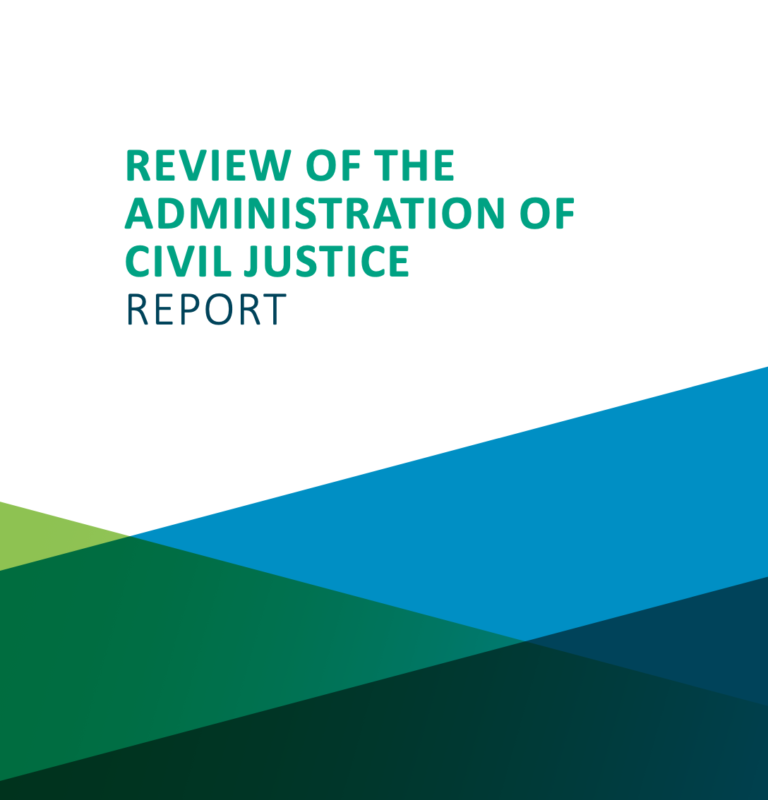Irish courts as a forum for disputes under the Energy Charter Treaty
The Energy Charter Treaty gives investors from one state party who invest in another the right to make a claim against the host state. The investor can make the claim by arbitration or in the host state’s courts. Most investors choose arbitration. But in Moldova v Komstroy the Court of Justice of the European Union said that arbitration is not available…





